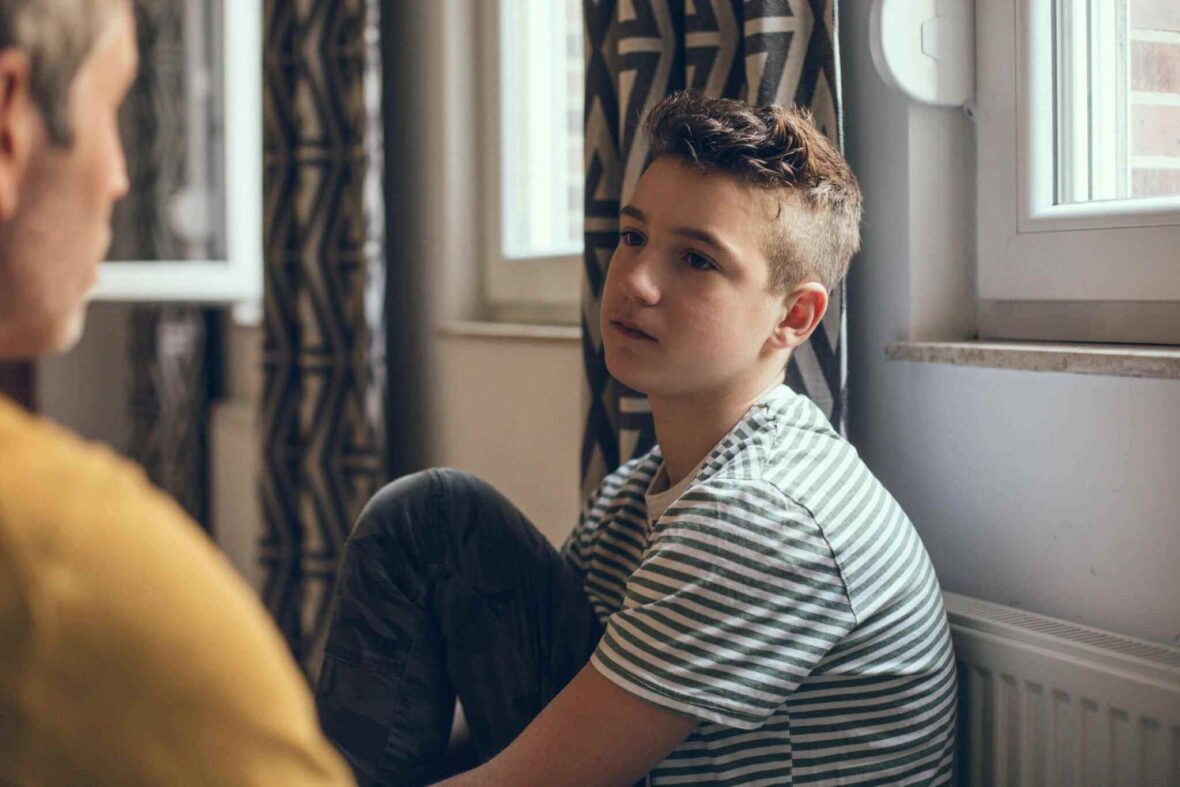Risk-taking and experimenting are natural parts of adolescent development. They enable teenagers to determine and establish their self-identities and learn from their achievements and failures. However, teenagers can easily be misguided.
As adults, we have the responsibility to encourage them to take positive steps for their self-development and avoid the wrong path. Keep in mind the following key protective factors against teenage reckless behaviors.
Contents
1. Family Cohesion
The most common protective factor against various harmful behaviors in teenagers is “family cohesion.” It’s a family’s sense of belonging, connectedness, and attachment. Evidence has shown that this is linked to increased family satisfaction and reduced harmful and reckless behaviors in young people. Conversely, dysfunctional families have the opposite effect.
Research has shown that the lack of a supportive environment, trust, and communication, usually from conflicts or tensions within the family, induces the risk of reckless behaviors in teenagers. They tend to search for a sense of belonging and validation elsewhere, which can be in risky situations.
Another research has also shown that family dysfunction has also been found to be associated with mental health disorders. Some of these, such as antisocial personality disorder (ASPD) and borderline personality disorder (BPD), may trigger impulsive behavior traits in teenagers.
2. Mentorship
Mentorship is another way for teenagers to get emotional support, learn different skills, have healthy behaviors, and have better youth resilience. Through this, teenagers will be less likely to hang out and be influenced by peers with delinquent or antisocial behaviors.
Mentorship can be natural, such as through adult support, advice, and friendship. It can also be formed as part of a prevention program to improve youths’ social environment and resilience. One example of this program is Big Brothers and Big Sisters (BBBS) in the United States (US). It develops and nurtures one-to-one supportive mentoring relationships. A young one will be enrolled in the program and paired with an older, encouraging friend. However, note that it isn’t a substitute parent, tutor, or babysitter.
3. School Connection
Youth’s sense of connectedness is not only achieved in a family but also in the academe, where teenagers spend most of their hours. Generally, school connectedness is often attributed to having an adequate number of friends in school, a small school size, and a safe classroom management policy. Teenagers feel connected to a school when they feel cared for, respected, treated fairly, close to others, and have a sense of belonging to their school.
All of these contribute to their social bonding and competence and reduce the frequency, intensity, and prevalence of high-risk behaviors in youth, including violent behaviors and the use of alcohol, cigarette, and drugs.
4. Extra-Curricular Activities

Another way teenagers feel connected is by engaging in environments that encourage prosocial involvement. This can be achieved through various social activities in schools and communities, such as school festivals, garage sales, sports groups, and volunteer service.
Evidence has shown that these positive youth development activities don’t only give teenagers opportunities to contribute and experience positive social exchanges. Active involvement also helps them improve their social skills, understand ethical standards, develop emotional intelligence, and have better critical thinking. At the end of these activities, teenagers are expected to have independence and a stronger sense of self. With improved and broadened understanding alongside a sense of belongingness, teenagers are less likely to engage in reckless behaviors.
5. Motivation, Coping Skills, And Supported Mental Health
Every teenager has unique individual needs and capabilities. Some may require internal drives that motivate them to act and succeed, while others have innate coping skills that enable them to control and prevent stress and other emotionally driven behaviors. Studies have shown that teenagers with internal motivation and healthy coping skills are less associated with reckless behaviors like impulsive actions and abuse of substances.
Instead, they’re more likely to excel academically, be resilient, and regulate their emotions. Moreover, research has shown that certain mental health conditions teenagers can develop from family dysfunction, and bad peer influence may lead to suicide attempts. These include depression or borderline personality disorder.
While it isn’t reckless behavior, teenagers with warning signs of suicide, such as mood swings or suicidal thoughts, should be supported and given the help they need as soon as possible. Seek immediate help from the school counselor, government agencies, and doctors.
How To Prevent Teenage Reckless Behavior?
Have a good parent-child relationship. Communicating openly and teaching them about risky behaviors. If they have already engaged in deviant actions, show that you care for them as well. For example, prepare a first-aid kit. Take advantage of Cyclobenzaprine HCL Discounts with BuzzRx to save costs. Avoid punishing them right away, as well. It’ll only worsen the situation.
Alternatively, restricting their privileges and assigning extra chores are traditional but still help. A classic example of this grounding. Additionally, allow natural consequences and take advantage of opportunities for restitution for them to self-learn. For example, let a heavy-footed teenager earn the money to pay for her speeding ticket.
Final Thoughts
Parents must intervene in their kids’ risk-taking behavior as early as possible. Follow an authoritative parenting style and set clear boundaries (be sure to provide reasons). However, avoid overly controlling them—monitor them without being too intrusive and provide guidance but with autonomy.




